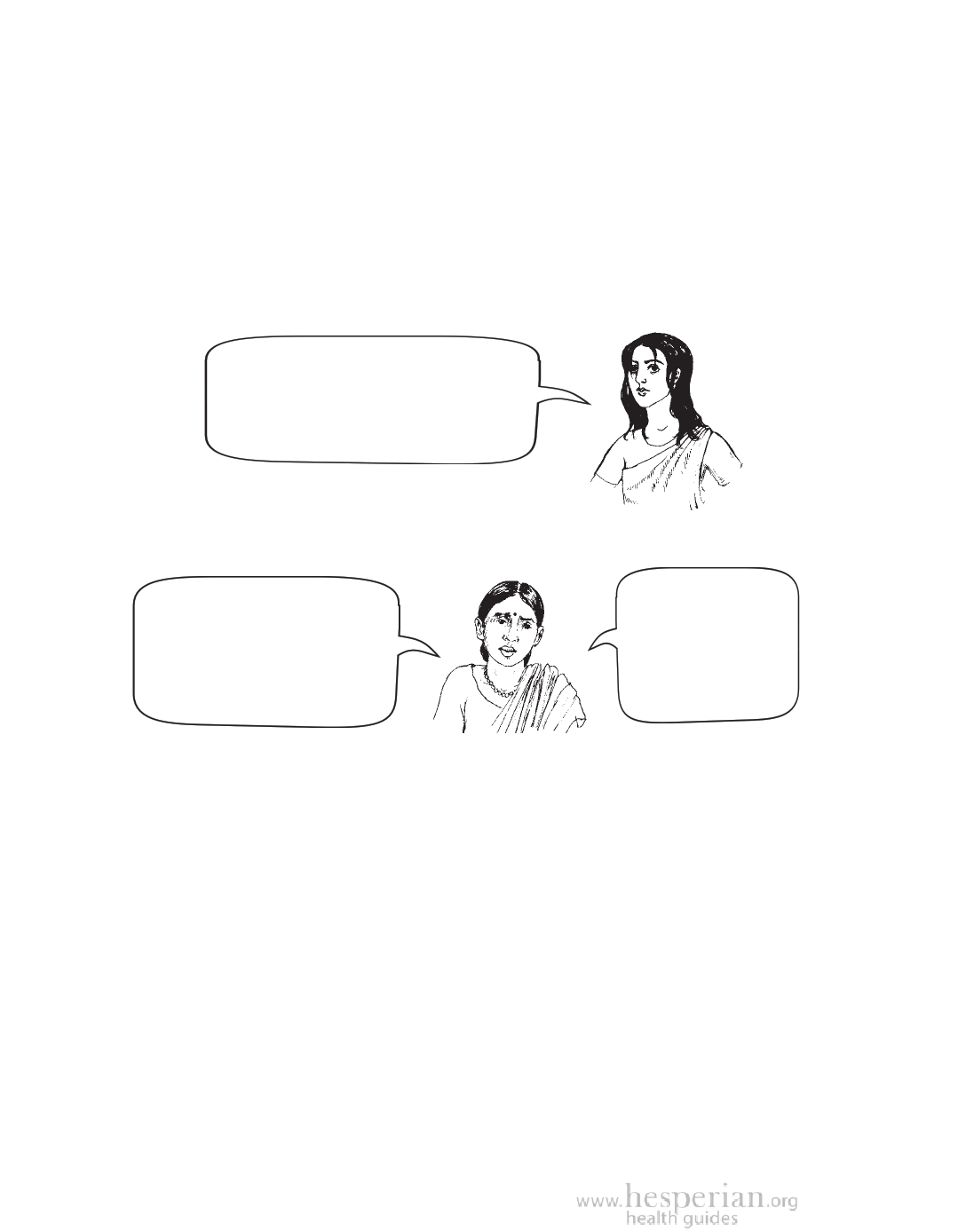
36 Environmental Rights and Justice
The Bhopal Toxic Gas Disaster
On the night of December 3, 1984, in the city of Bhopal, India, a terrible
disaster happened. A pesticide factory in a crowded and poor neighborhood
of Bhopal leaked many tons of poison gas into the air. The warning system in
the factory was turned off and other safety systems were not working, so the
community heard no alarms of any kind.
One survivor, Aziza Sultan, remembers:
I woke in the night to the sound of my
baby coughing badly. The room was
filled with a white cloud. I heard people
shouting ‘Run! Run!’ Then I started
coughing with each breath as if
I was breathing in fire.
Another survivor, Champa Devi Shukla, remembers:
People just got up and ran in
whatever they were wearing,
even if they were wearing
nothing at all. They were only
concerned with saving their
lives and the lives of their
loved ones, so they just ran.
It felt like somebody
had filled my body
with red chilies,
my eyes had tears
coming out, my nose
was watering, I had
froth in my mouth.
The poison gas killed many people that night. After 3 days 8,000 people
had died. But this was not the end of the disaster. In fact, it was only the
beginning.
Over the next 20 years, more than 25,000 people died from the poison
that remained in their bodies. Many more developed terrible illnesses,
including pain and difficulty breathing, constant cough, fever, loss of feeling
in their arms and legs, weakness, fear, depression, and cancer. Children and
grandchildren of the survivors suffer from severe birth defects, including
withered limbs, slow growth, and many different reproductive and nervous
system problems. More than 150,000 people have been harmed by the poison
gas released that night in Bhopal.
A Community Guide to Environmental Health 2012